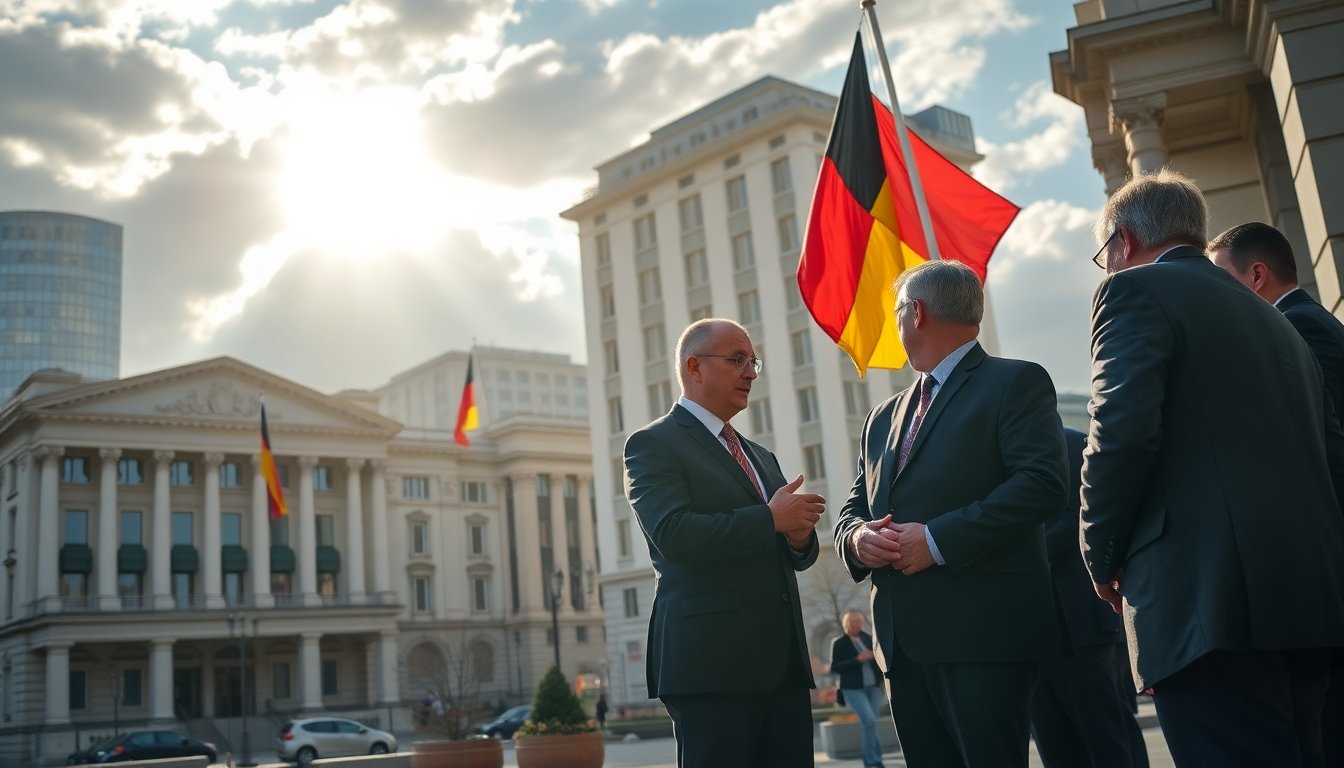Table of Contents
In a significant diplomatic maneuver, Germany has decided to recall its ambassador to Georgia, Peter Fischer, due to rising tensions with the pro-Russian government in Tbilisi. This action follows reports indicating that Georgian leaders have criticized both the European Union and Fischer personally for several months. The German Federal Foreign Office announced this decision, highlighting the necessity for consultations on future diplomatic strategies.
Georgia’s political landscape has become increasingly unstable, particularly following the inauguration of its new President, Mikheil Kavelashvili, whose election was marred by allegations of irregularities. As discussions among EU foreign ministers are set to occur, the stalled EU accession process and relations with the German ambassador will be central to the agenda.
Escalating tensions and diplomatic fallout
The backdrop of this diplomatic fallout can be traced to provocations from Georgia’s government, led by Irakli Kobakhidze, who has openly aligned with Russian interests. Following Georgia’s suspension of its EU accession efforts, protests erupted in the streets, showcasing public discontent with the government’s direction. The situation peaked when the Georgian foreign ministry summoned Fischer last month, accusing him of promoting a radical agenda and warning against his interference in domestic matters.
Recent confrontations
Media outlets report that Fischer’s attendance at court proceedings against opposition figures has further strained his relationship with Georgian authorities. Additionally, his decision to rent a property from an opposition politician has drawn criticism from government leaders, who view these actions as politically motivated. This situation underscores the sensitive balance of diplomacy in a region with deeply divided political allegiances.
Broader implications for EU relations
The timing of the ambassador’s recall is critical, coinciding with discussions among EU foreign ministers regarding the situation in Georgia. The EU has expressed concern over the rising pro-Russian sentiments within the country and their implications for regional security and stability. Consequently, the bloc is reportedly considering strategies to provide logistical support to counter the growing influence of shadow fleet vessels that challenge EU interests.
Moreover, Fischer’s situation is not isolated. Other foreign officials, such as Finland’s foreign minister, have recently faced backlash from the Georgian government for expressing solidarity with pro-EU demonstrators. This reflects a broader trend of increasing hostility towards foreign diplomats engaging with the opposition or supporting pro-EU sentiments.
Navigating a precarious landscape
The recent developments highlight the precarious nature of Georgia’s political climate and the delicate diplomacy that Western nations must navigate. As the EU considers its next steps regarding support and engagement with Georgia, the outcome of these discussions will significantly shape the country’s future trajectory. The recall of Ambassador Fischer serves as a poignant reminder of the challenges faced by diplomats in a world where political narratives can swiftly shift, leading to unforeseen consequences.


